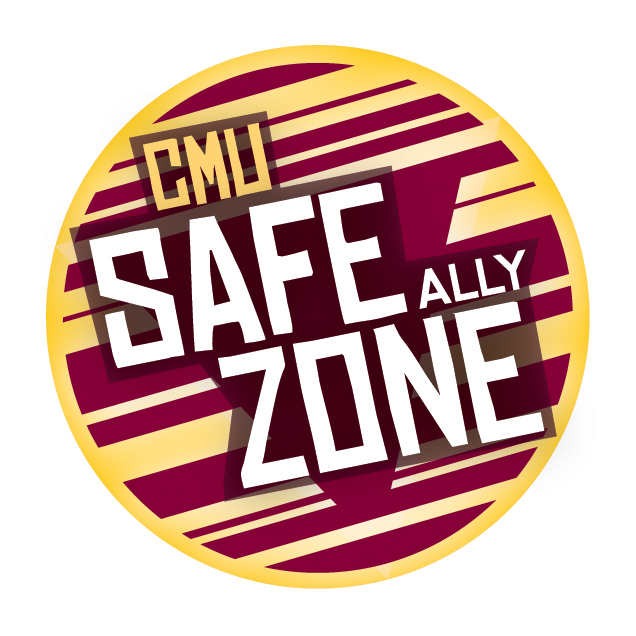Features Reporter
Everyone is different, from spirituality, sexual orientation and race to even socioeconomic status. Because of these differences, many university campuses have faced some serious discrimination or other unfortunate situations, even so far as student deaths.
“We have had small incidents with hate speech and racist comments. They are not broadcasted all over the place because we deal with them and resolve the situations quickly. But one thing is for sure is that we are getting too big to not have a proactive approach instead of reactive,” Danny Sandoval, the director of the Diversity, Advocacy, & Health department, said.
Safe Zone is CMU’s response to this growing issue.
“The purpose of the training is to get the staff and faculty familiar with a wide variety of diversity, in particular the LGBTQ community. In addition to that, though, we want to cover all the large areas of diversity: spirituality, socio-economic status, country of origin. There are just a lot of different layers,” Sandoval said.
In essence, the program is training staff and faculty to become comfortable in engaging with students after the student has shared something important to them, like their sexual preference or economic status at home.
“The whole purpose is to support students, to promote retention and graduation. From what we know from data, it’s been researched all across the country that if you have these types of programs, students find them supportive, and they feel like they have an outlet on campus where they can go and talk to someone with the fear of a bias push against them or a harsh judgment,” Sandoval said.
So far, only a portion of the campus has been through the training, but more training sessions are being planned.
“We did four training sessions. There were over 60 faculty and staff. We will probably open it up to student leaders and also encourage more faculty and staff to come,” Sandoval said. “We want a full three hours of keeping you in training before you could opt-in. Anyone can attend the training, and after the training anyone can be a safe zone ally. We just give them that choice, some are really comfortable with the material and are doing this anyway, and some people say, ‘I just don’t think I’m ready.’”
Many of the faculty and staff already have opted into the program, and soon they will have stickers that they can place on their office door, to identify them as a Safe Zone Ally.
Sandoval’s office is located in Albers Hall, and he can also be reached at dsandoval@coloradomesa.edu.
“I just think it’s a needed program, not just here at CMU, but all across the country. The US is so divided by it, and sometimes we focus too much on how we are different and why those boundaries or categories conflict with one another,” Sandoval said.

Recent Comments